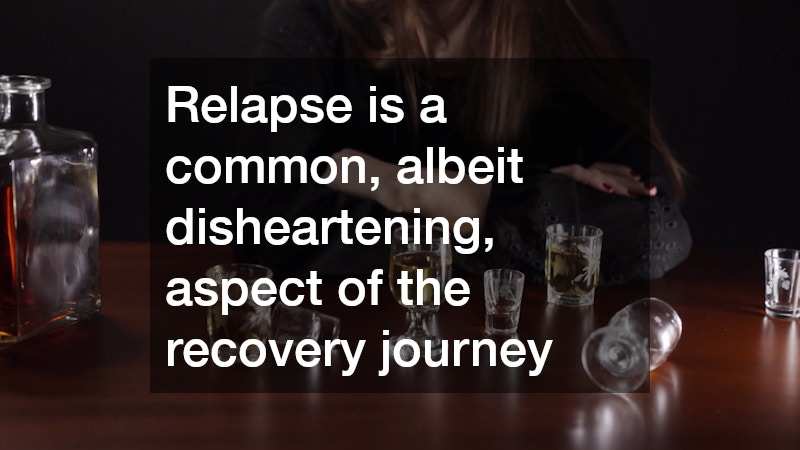Addiction is a chronic brain disorder characterized by compulsive engagement in rewarding stimuli despite adverse consequences. This complexity arises from a psychological, physiological, and social interplay that propels individuals deeper into addiction’s grip. Psychological factors often include co-occurring mental health disorders like depression or anxiety that can exacerbate addictive behaviors. Physiologically, addiction triggers changes in brain chemistry, particularly affecting neurotransmissions related to reward and pleasure.
Social forces, from societal influences to family environments, further complicate the landscape of addiction treatment.
The transition from voluntary drug use to addiction is marked by significant alterations in the brain’s reward system. When a person repeatedly uses addictive substances, their brain starts to adjust, needing more of the substance to achieve the same effect—a phenomenon known as tolerance. This physiological dependency makes it incredibly challenging to cease use without suffering withdrawal symptoms. Studies have shown that elements such as genetic predisposition and early exposure to substances can further complicate the treatment of addiction. Effectively, addiction compromises the ability of an individual to exercise self-control, hindering successful treatment outcomes.
Support systems play a critical role in addiction recovery, but they can also be a barrier if they are nonexistent or dysfunctional. The social stigma around addiction exacerbates the difficulty, often preventing individuals from seeking the treatment they need. Furthermore, societal pressures and a lack of understanding can isolate those afflicted, making the path to recovery daunting. Overcoming addiction is not just about eliminating a physical dependency; it involves navigating complex social landscapes that often do not support recovery. Inadequate support systems have significant implications for relapse and sustained recovery.
The Role of Co-Occurring Disorders
Co-occurring disorders, also known as dual diagnosis, refer to the simultaneous presence of both a mental health disorder and a substance use disorder. This is common among individuals suffering from addiction, complicating treatment strategies. For instance, untreated mental health issues can intensify substance abuse, making it even harder to treat the addictive behavior. Addressing only one part of the dual diagnosis often leads to a cycle of relapse and recovery. Integrated treatment approaches are necessary to tackle both substance use and mental health disorders concurrently for effective outcomes.
Research demonstrates that individuals with mental illness are more vulnerable to substance abuse, and vice versa, creating a complicated cycle of dependency and mental health challenges. The interaction of mental illness and addiction often leads to poor treatment outcomes unless both conditions are addressed simultaneously. This interconnectedness requires a comprehensive therapeutic strategy that includes medication, therapy, and support systems. Ignoring the mental health aspect while treating addiction can impair progress, leading to higher rates of relapse. Thus, dual diagnosis represents a significant barrier to effectively treating addiction.
Another layer of complexity arises from the varying treatment needs based on individual differences in co-occurring disorders. Each patient may experience unique symptoms that require tailored treatment plans. For instance, managing depression alongside addiction may necessitate different strategies compared to treating anxiety and substance abuse. Achieving a balance between these diverse needs can be challenging for healthcare providers. Hence, personalized treatment plans that consider the individual’s mental health status are crucial to successful recovery.
The Challenge of Withdrawal and Relapse Prevention
Withdrawal symptoms pose a significant hurdle in addiction treatment, often leading individuals back to substance use to alleviate discomfort. These symptoms can be both physically and emotionally taxing, including anxiety, depression, nausea, and even seizures. Coping with the aftermath of extended substance use is not only about overcoming physical dependencies; it also involves addressing deep psychological wounds. The vicious cycle of attempting withdrawal, experiencing intolerable symptoms, and reverting to substance use continually undermines treatment efforts. Breaking this cycle requires comprehensive medical and psychological support to ensure that individuals do not fall back into addiction.
Relapse is a common, albeit disheartening, aspect of the recovery journey, often estimated to occur in over half of all individuals undergoing addiction treatment. This propensity for relapse can be attributed to numerous factors, including environmental triggers, stress, and a lack of coping mechanisms. Cognitive-behavioral therapy is frequently employed to equip individuals with the skills needed for sustained sobriety. Addressing relapse requires a lifelong commitment to self-awareness and the development of robust coping strategies. Persistent follow-up care and support groups can significantly mitigate risks of relapse, reinforcing the importance of comprehensive treatment plans.
Effective relapse prevention requires more than just addressing the biological aspects of addiction; it involves a holistic approach that considers psychological and social dimensions as well. Ensuring that individuals have access to resources post-rehabilitation is crucial in maintaining sobriety. This includes support from peer groups, family, and counselors who understand the complexities of addiction. Emotional and environmental stresses are inevitable, and having a strong network can provide the necessary resilience. Consequently, creating a well-rounded aftercare plan is integral to enhancing the odds of sustained recovery.




